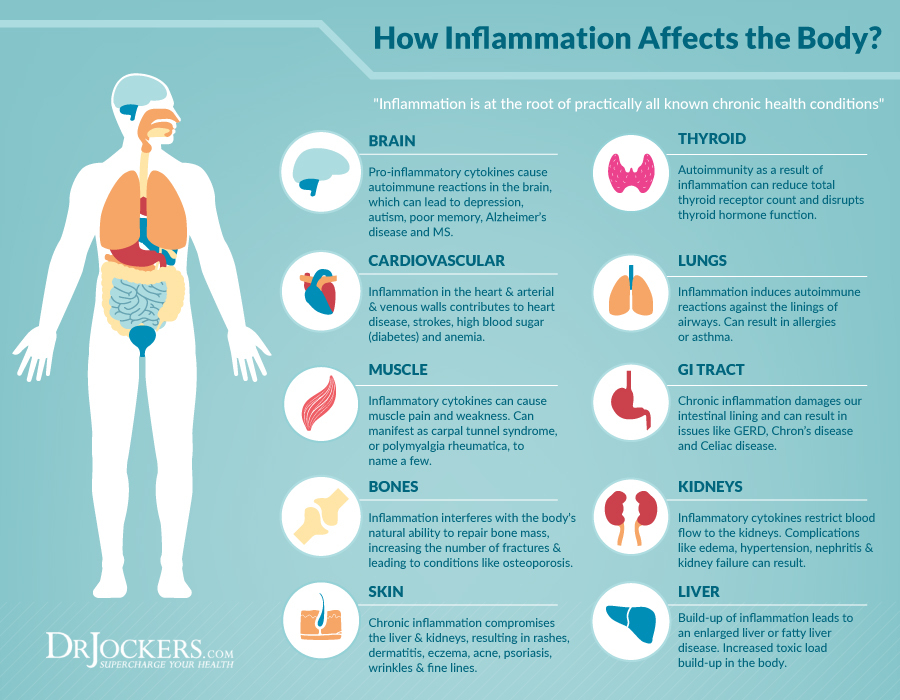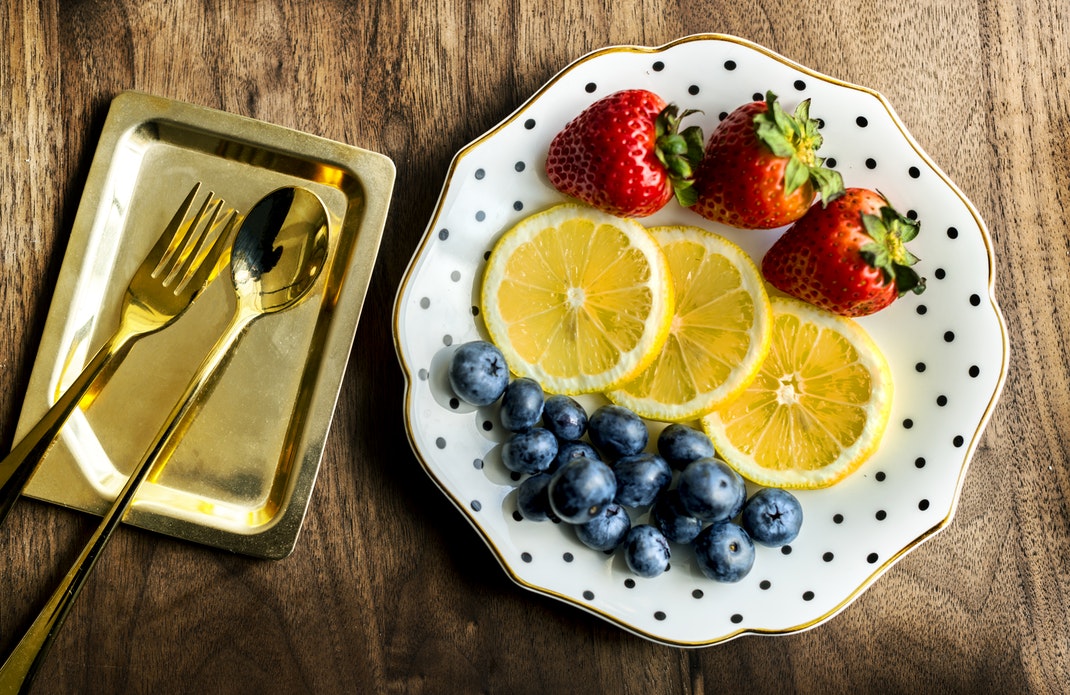I’m pretty sure either you suffer from hay fever at this time of year, or you know someone who does. It is such a shame that just as the weather starts to improve and it’s wonderful to be outside, so many of us are struck down with streaming, itchy eyes and sniffles. Have you ever considered that your symptoms could be improved by your nutritional choices?
I am not a doctor or a nutritionist, however I do coach my clients on a 30 Day Detox Program created by Naturopathic Nutritionists. I personally do the 30 Day Detox at least twice a year to reset and rebalance my digestive system and restore healthy, clean eating habits. Experts agree that cutting down on foods which encourage mucous production such as wheat and dairy, whilst increasing consumption of foods with anti-inflammatory and anti-histamine properties (berries, for example, which are rich in vitamin C) may help to reduce hay fever symptoms.
I know it’s time to detox when I can feel my hay fever symptoms worsen at this time of year. By eating and drinking excess dairy, gluten, caffeine, alcohol and sugar we are increasing the potential for inflammation in the body because they can increase inflammation in the body. If we add that inflammation to the allergic response (more inflammation) to pollen which results in hay fever symptoms, it makes sense that our symptoms could well be more pronounced.

By avoiding the inflammation causing foods in my diet I am much less prone to suffer hay fever symptoms, in addition I experience other benefits such as; improved quality of sleep, increased in energy and vitality, reduced anxiety, clear and focused mind and looking more lean.
Here are some ideas of what to include and avoid in your diet in order to reduce inflammation.
Anti-inflammatory foods to include:
Berries
Nuts and seeds
Turmeric
Ginger
Pineapple
Onion
Garlic
Inflammatory foods to avoid:
Dairy
Wheat
Sugar
Caffeine
Alcohol
Refined carbs
Written by Gemma Ford







About The Author
Gemma Ford
Gemma is a qualified yoga teacher and intuitive life coach. After receiving her training in India and Los Angeles she settled in South West London where she teaches yoga via her YouTube channel as well as coaching locally and internationally. Gemma loves to teach and support her clients to reach their highest potential in health, wealth and happiness.